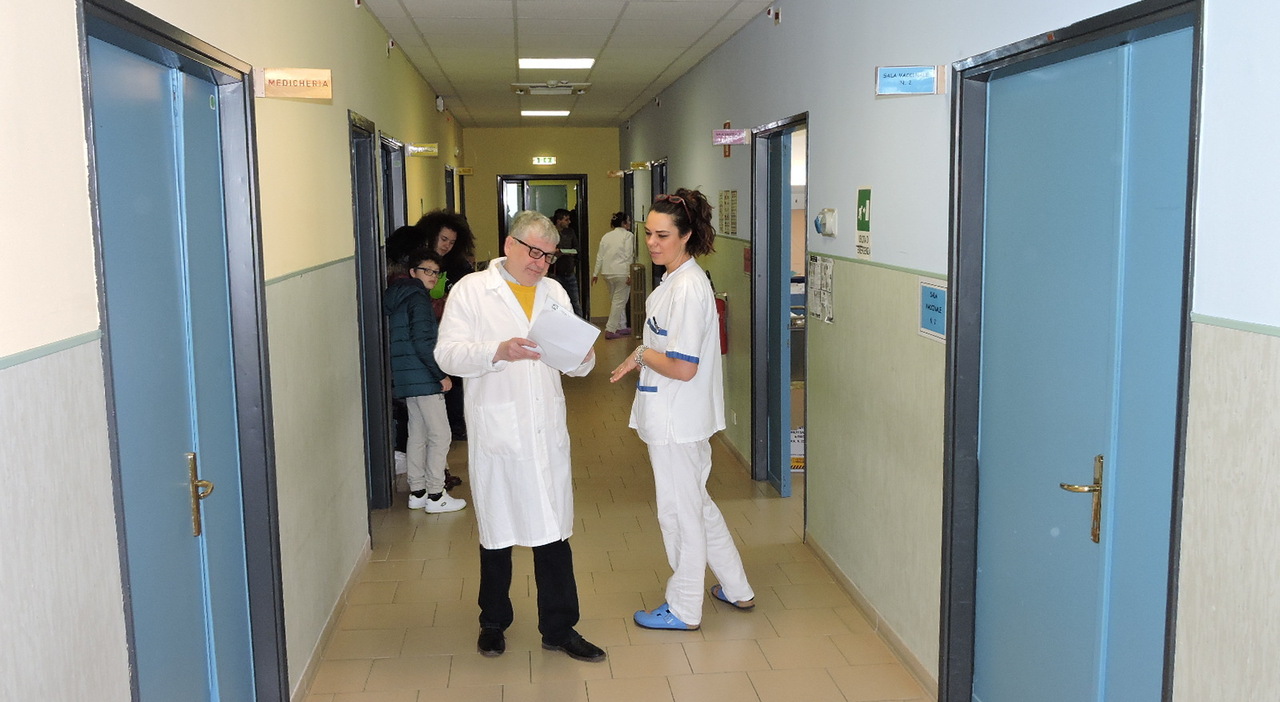BASSANO DEL GRAPPA (VICENZA) – The observation to declare the brain death of the 17-year-old from Tezze sul Brenta affected by type B meningicoccal meningitis. The young man was hospitalized in the night between Saturday and Sunday, 25 and 26 February, at the San Bassiano hospital in Bassano del Grappa after feeling ill and testing positive for the disease.
The observation six hours before brain death
This morning, just before noon, the boy’s observation procedure was activated for the duration, as required by law, of six hours. Then he will be declared brain dead. Doctors did everything possible to save his life but already yesterday, February 27, hopes for the young man hung by a thread. So much so that his schoolmates had gone to the hospital to be close to the boy who until a few days ago was sitting with them on the benches of the scientific high school from Ponte di Bassano del Grappa.
The procedure, in prophylaxis 265 people
The procedure started immediately by Ulss 7 Pedemontana which activated the tracing of all contacts had by the boy in the last 10 days including his mates from the basketball team with whom he trained in Riese Pio X, friends and relatives. There are 265 people undergoing prophylaxis.
Type B meningitis, symptoms and how it is transmitted
The “Neisseria Meningitidis” o “Menigococco” is a bacterium that is found quite frequently in throat and nose, as underlined in the handbook published on the Veneto Region website. A bacterium so frequent that, 5-10% of subjects may be asymptomatic carriers in the nasopharynx area. There are various types that are distinguished by the letters of the alphabet. The most common are the A, B, C, Y, W135. The transmission of the bacterium takes place through the respiratory droplets or throat secretions of healthy or sick infected people, with symptoms. When the meningococcus reaches the blood and, consequently, also the other organs, causing invasive diseases such as meningitis or sepsisha serious consequences which can lead to permanent neurological damage and behavioral or lead to death within hours. In particular, meningitis is severe inflammation of the membranes surrounding the brain. Other meningococcal diseases are pneumonia and conjunctivitis which particularly affect children under 5 years of age.
